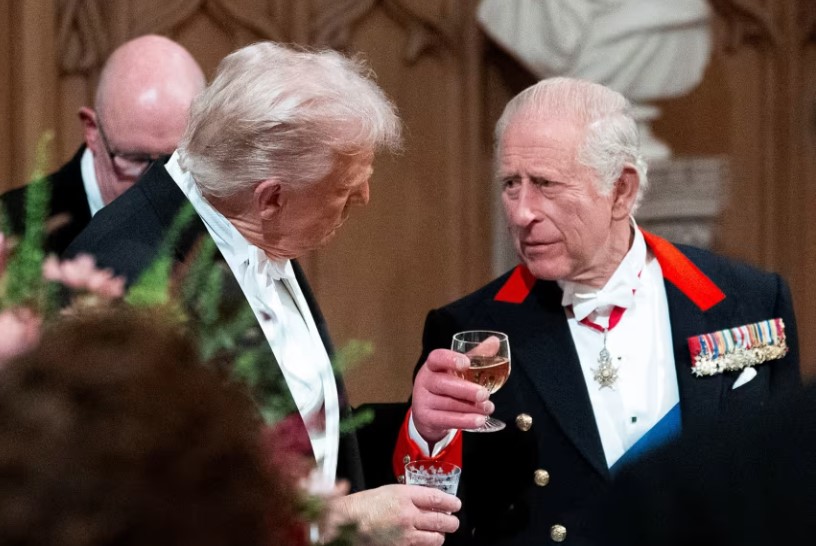Ukraine Test of UK’s Soft Power: Starmer & Trump Decision Points

Recent interactions between UK Prime Minister Keir Starmer and US President Donald Trump have put Britain’s soft power on display, especially around policy toward Ukraine. The UK is attempting to influence global narratives, actions, and alliances through diplomacy, moral authority, and visible foreign policy actions — rather than military force alone.
Quick Insight: Soft power means shaping the choices of others through attraction and persuasion — UK is using state visits, alliances, symbolic language, partnerships, and public pressure in trying to sway outcomes around Ukraine.
1. What UK Is Doing
• Starmer has pledged strong, visible support for Ukraine — including defense guarantees, long-term partnerships, and insisting any peace deal should not reward aggression.
• UK hosted the 2025 London Summit on Ukraine to rally European allies and lay out principles for Ukraine's sovereignty and future security.
• The UK is part of the “coalition of the willing” — a group ready to make tangible commitments for Ukraine’s defense and post-war security.
2. Where Starmer & Trump Differ
• While both express public support for Ukraine, their approaches diverge: Starmer emphasizes economic pressure, sanctions, alliance building; Trump has made more ambiguous promises, sometimes critical of how Europe handles Russia.
• Starmer has been more vocal about the need for strong security guarantees and not compromising on Ukrainian sovereignty.
• Trump, during recent UK visit events, has made statements urging Starmer to take tougher action on migration, which feed into domestic pressures and may distract from consistent foreign policy messaging.
3. Implications for UK Soft Power
• If the UK can maintain moral clarity and consistent action, it strengthens credibility in Europe, especially among allies who look for principled leadership.
• However, mixed messaging or domestic-oriented statements (e.g. around migration) risk undermining perception — both at home and abroad.
• Soft power also depends on effectiveness: promises (security guarantees, diplomacy) must be matched by concrete support (military, economic, diplomatic). Failure to deliver could weaken influence.
• The relationship with the US under Trump is crucial — UK’s capacity to influence outcomes (e.g. on Ukraine) depends in part on what US is willing to do. Starmer’s diplomacy aims to maintain that link.
Final Thoughts
The Ukraine war continues to test who has influence and how. For the UK under Starmer, it’s a chance to show that a smaller country with diplomatic tools, moral arguments, alliances and consistency can still shape global affairs.
Soft power isn’t weaker than hard power — but it’s more fragile; it requires trust, clarity, integrity, and delivery.
In the coming months, watch how UK policies align with declarations, how Starmer rides internal political pressures, and how global allies respond. UK’s reputation could gain or suffer greatly depending on actions more than words.
Tip: Pay attention to how foreign policy statements align with actions (funding, aid, sanctions). Also consider domestic politics — migration, economy etc — which can force leaders to shift course even if they want to lead with soft power.
